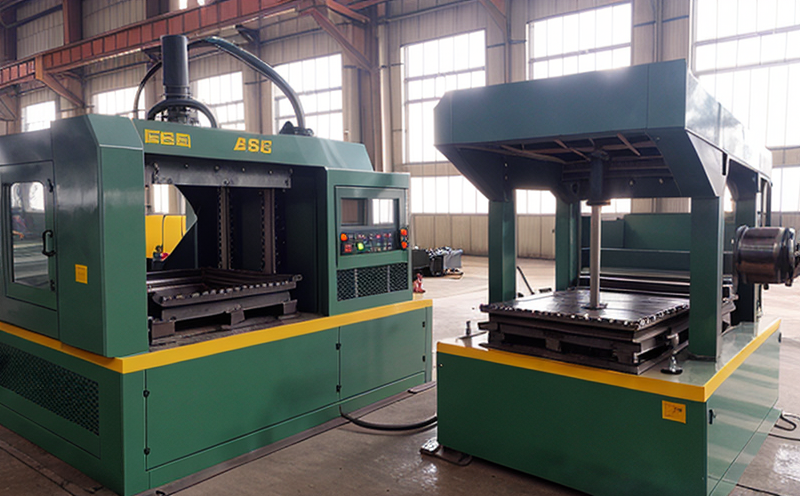EN 13445 Pressure Vessel Forging Quality Testing
The EN 13445:2016 standard is an essential part of the European harmonized standards for pressure vessels, ensuring that they meet stringent safety and quality requirements. This service focuses on testing the forging processes involved in producing forgings intended to be used as components in pressure vessels.
Forging involves shaping metal by applying controlled forces using a hammer or press. This process is critical for creating high-strength components, especially those subjected to high stresses and temperatures found in pressure vessel applications. The quality of the forging significantly impacts the integrity and safety of the final product.
The EN 13445 standard outlines specific requirements related to the forging processes, including material selection, process parameters, and inspection methods. Compliance with this standard ensures that forged components are reliable and meet the necessary performance criteria for use in pressure vessels.
During the forging process, several factors can influence the final quality of the component. These include:
- Material properties
- Forging temperature range
- Strain rates during deformation
- Cooling rate and method
The testing process aims to verify that the forging meets all specified criteria laid out in EN 13445. This includes:
- Destructive testing of samples taken from the forgings
- Non-destructive testing (NDT) methods such as ultrasonic testing, radiography, and magnetic particle inspection
- Chemical analysis to ensure that the material composition is correct
The results of these tests provide critical information on the structural integrity and material properties of the forged components. This data ensures that manufacturers can produce forgings that are safe, reliable, and meet all regulatory requirements.
| Application | Description |
|---|---|
| Aerospace Industry | Forging components for aircraft and aerospace structures. |
| Oil & Gas Sector | Forged parts used in offshore oil rigs and pipelines. |
| Chemical Industry | Components for chemical processing vessels. |
| Nuclear Power Plants | Forged components used in nuclear reactors. |
Applied Standards
The primary standard for EN 13445 Pressure Vessel Forging Quality Testing is the European harmonized standard, EN 13445:2016. This standard specifies the requirements and procedures for the forging of pressure vessel parts made from steel, non-ferrous metals, and their alloys.
The application of this standard ensures that forged components are manufactured to a high level of quality, reliability, and safety. The standard covers all aspects of the forging process, including:
- Material selection
- Forging processes
- Inspection methods
- Heat treatment procedures
The standard also includes detailed guidance on the acceptance criteria for forged components, ensuring that they meet all necessary requirements before being used in pressure vessels.
Industry Applications
| Application | Description |
|---|---|
| Aerospace Industry | Forging components for aircraft and aerospace structures. |
| Oil & Gas Sector | Forged parts used in offshore oil rigs and pipelines. |
| Chemical Industry | Components for chemical processing vessels. |
| Nuclear Power Plants | Forged components used in nuclear reactors. |
International Acceptance and Recognition
The EN 13445 standard is widely recognized across Europe and internationally. Its acceptance by various industries ensures that forged components meet the highest quality and safety standards, which is crucial for applications in critical sectors such as aerospace, oil & gas, chemical processing, and nuclear power.
Many countries outside of Europe also reference or adopt EN 13445 as part of their national standards. This international recognition ensures that forged components comply with the same rigorous quality control measures worldwide.





